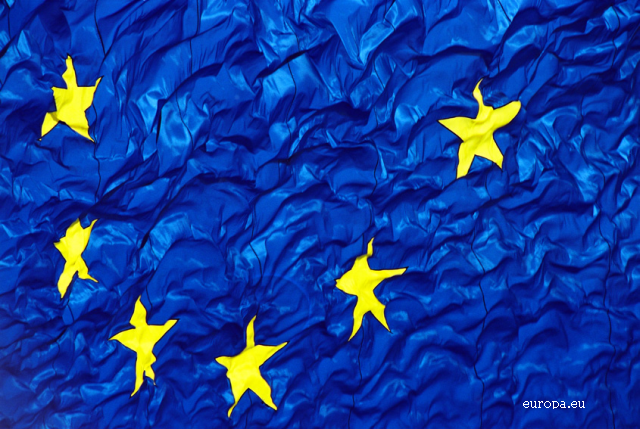The Challenges of 2017 – part II
A look ahead at the upcoming elections in Germany and the Netherlands and the situation in Syria with commentator Iulian Chifu.

Corina Cristea, 20.01.2017, 13:53
In last week’s
edition we analysed together with the director of the Conflict Prevention
Centre in Bucharest, Iulian Chifu, the possible impact of such events as the
inauguration of the new US president Donald Trump, the UK vote to leave the
European Union and the upcoming elections in France. Today we continue our
analysis with another series of events, taking a look ahead at the elections in
Germany and the Netherlands and the situation in Syria.
In the upcoming
German elections this year, chancellor Angela Merkel will be seeking her fourth
term in office. The announcement was made in late 2016 at a meeting of Merkel’s
party, CDU. The announcement was made amidst growing calls for her to resign
coming mainly from the hard-line opponents of the refugee admission policy
pursued by the German chancellor, in particular the Alternative for Germany
party. Such voices accuse the German authorities of losing control over
migration. However, according to the latest data, last year saw a radical
decrease in the number of migrants seeking asylum in Germany. Official figures
show that 280,000 asylum seekers arrived in Germany last year compared with
nearly 900,000 in 2015. In spite of the significant drop reported last year,
the country is still facing many challenges. The number of asylum applications
amounts to hundreds of thousands, and the German government should prove that
it is capable of perfectly integrating the migrants whose applications are approved.
How important
are the elections in Germany to Europe and what chances does the current
chancellor have? Professor Iulian Chifu, the
director of the Conflict Prevention Centre in Bucharest, explains:
Of course, this
is a very important element because we’re speaking about Germany, the driving
engine of Europe, and, under the circumstances, the situation is more special.
There is still a major possibility for the left-right coalition between the SPD
and the CDU to find a way for Ms Merkel to stay on as chancellor. We’ve also
seen a rise of the far right. However, we shouldn’t count our chickens before
they’re hatched. We have seen on many occasions, such as Brexit and the US
elections, that things don’t always turn out as planned and we may still see
some surprises.
Legislative
elections will also be held this year in The Netherlands, where, as a result of
people’s discontent with the way in which immigration has been handled, the
populist far-right Party for Freedom is leading in opinion polls. Its leader
Geert Wilders has unveiled an election programme promising the
de-Islamisation of the country and calling for mosques to be closed down and
for migration from Muslim countries to be banned. The publications Die Welt and
Express note that the party’s political programme also provides for the closing
of Muslim schools and the banning of the Quran and of the Islamic veil. The
Dutch elections are important for Bucharest first and foremost with regard to
Romania’s accession to the Schengen passport-free area. Initially scheduled for
March 2011, this has been postponed several times, mainly as a result of The
Netherlands’ firm opposition, despite the fact that Romania had fulfilled its
accession requirements.
We asked Iulian
Chifu if anything might change in this respect:
The Dutch
elections will most likely maintain the trend that has seen eurosceptic parties
in the ascendance, so the likelihood that the Netherlands will make any steps
forward is quite low. One positive element is the way in which this country
managed to find a way to solve the issue of the ratification of the EU-Ukraine
association agreement. In this sense, we might think that beyond this agreement
or the Dutch elections, we may arrive at a European agreement that could also favour
Romania. However, considering the situation in the Schengen area and the
reticence with respect to migration, I believe the subject [of Romania’s
Schengen accession] is closed for the foreseeable future.
With regard to
the situation in Syria and Russia’s involvement in this conflict, political
commentator Iulian Chifu said:
Naturally,
Syria is a subject that cannot be closed very soon. We have seen that the
attempts to solve the problem in the short-term, to reach a truce, have failed.
Especially as these were partial agreements, reached in the presence of a
number of the states involved directly or through their nationals or who
control certain opposition groups on the ground. Russia is trying to impose a
certain type of solution, as it has done in Ukraine and Georgia. I believe this
type of exceptionalist and individualist approach cannot possibly yield
results.
The solution
must be inclusive, says Iulian Chifu, who recalls that there are still some
very important dossiers to be solved, such as the massacres in Aleppo, the use
of banned weapons and the violations of human rights.






























